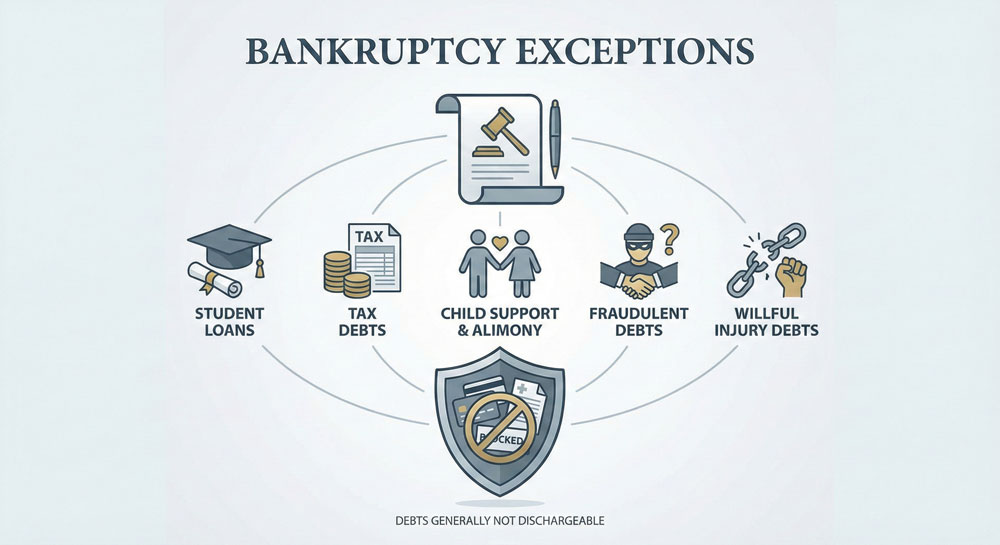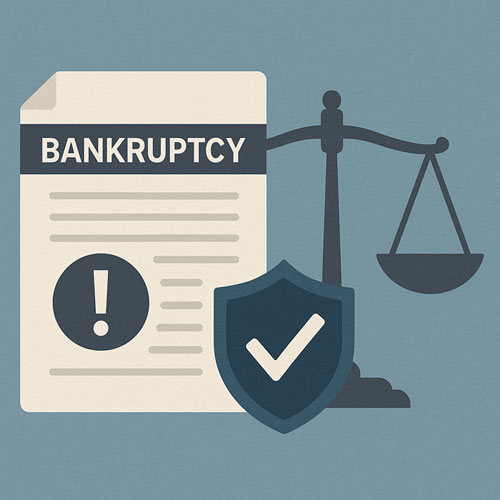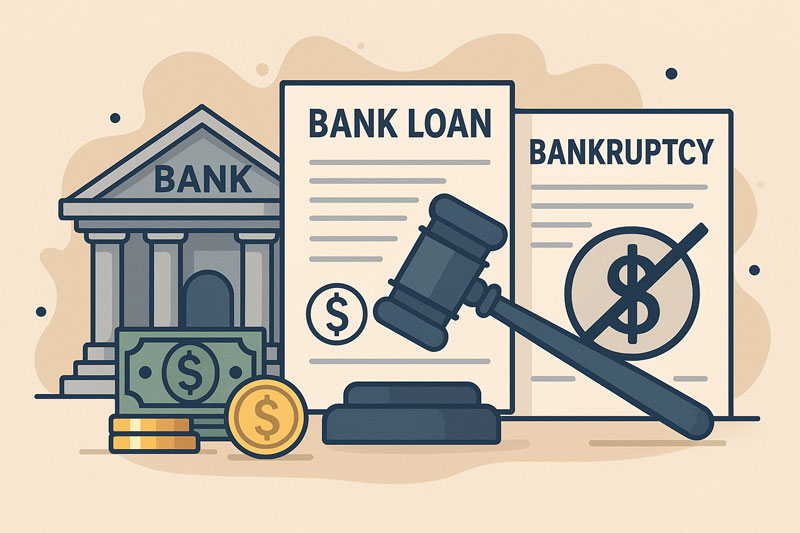Using Chapter 13 As A Foreclosure Defense
 Anyone who has faced foreclosure of their home knows that it is one of the most stressful things a person can go through. The saying “A man’s home is his castle”, relates to the psychological attachment we have to our dwelling as place of safety and stability. Receiving a foreclosure notice can instantly erode this essential need for security. The general events leading up to a foreclosure sale are as follows:
Anyone who has faced foreclosure of their home knows that it is one of the most stressful things a person can go through. The saying “A man’s home is his castle”, relates to the psychological attachment we have to our dwelling as place of safety and stability. Receiving a foreclosure notice can instantly erode this essential need for security. The general events leading up to a foreclosure sale are as follows:
1. You get behind on payments, usually more than three depending on the lender
2. The lender then sends an “intent to begin the foreclosure process” notice
3. Next your mortgage holder will file a notice of default with the county recorder
4. If the default is not cured within the specified time, the mortgage holder will file a notice of trustee sale with the county recorder
5. If the default is not cured by the sale date, your property is auctioned off
6. You receive an official eviction notice
If you have found yourself at any step in the process and can’t make your payments, it’s absolutely essential that you make a call to a bankruptcy attorney to prevent being kicked out of your house. An experienced bankruptcy attorney acts as a “foreclosure lawyer” in a sense and knows the means and strategies that you can employ to stop the foreclosure process in its tracks, give you time to make up the payments, and/or restructure the debt. A Chapter 13 bankruptcy is an excellent way to save your home from the foreclosure process. Chapter 7 is typically just a temporary reprieve from foreclosure since the foreclosure can proceed after your Chapter 7 bankruptcy is done.
While there are other options to address foreclosure, such as a loan modification, these processes can take a long time and aren’t guaranteed by federal law to stop a foreclosure from proceeding. Once you receive a notice of intent to begin foreclosure, time is of the essence.
A Chapter 13 bankruptcy in California allows you to instantly stop the foreclosure process with an automatic stay, and set up a repayment plan for the mortgage payments you missed through the courts. The trustee who is assigned to your bankruptcy will not sell your assets in a Chapter 13 case and you may even be allowed to get rid of a second mortgage through a process called “lien stripping”.
During the recent foreclosure crisis many individuals used the short sale method to get out of their home. In Chapter 13 bankruptcy you have the option to relinquish your home as well. Most individuals, however, want to keep you their home. If you have received an intent to begin the foreclosure process notice, your next step should be make an appointment with a California bankruptcy lawyer, and let them give you their professional opinion.
Categorized in: Chapter 13



